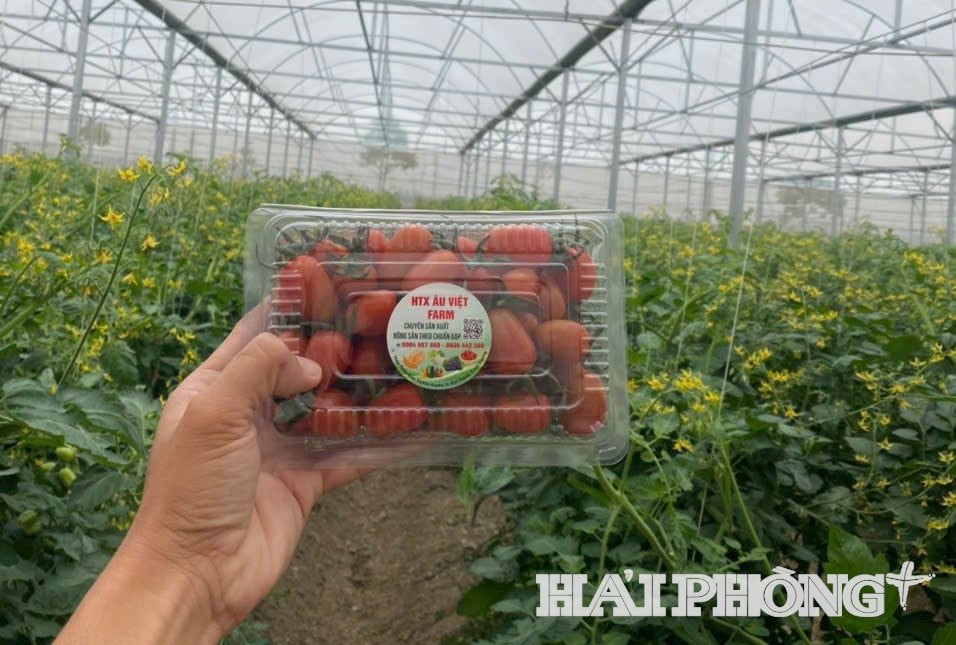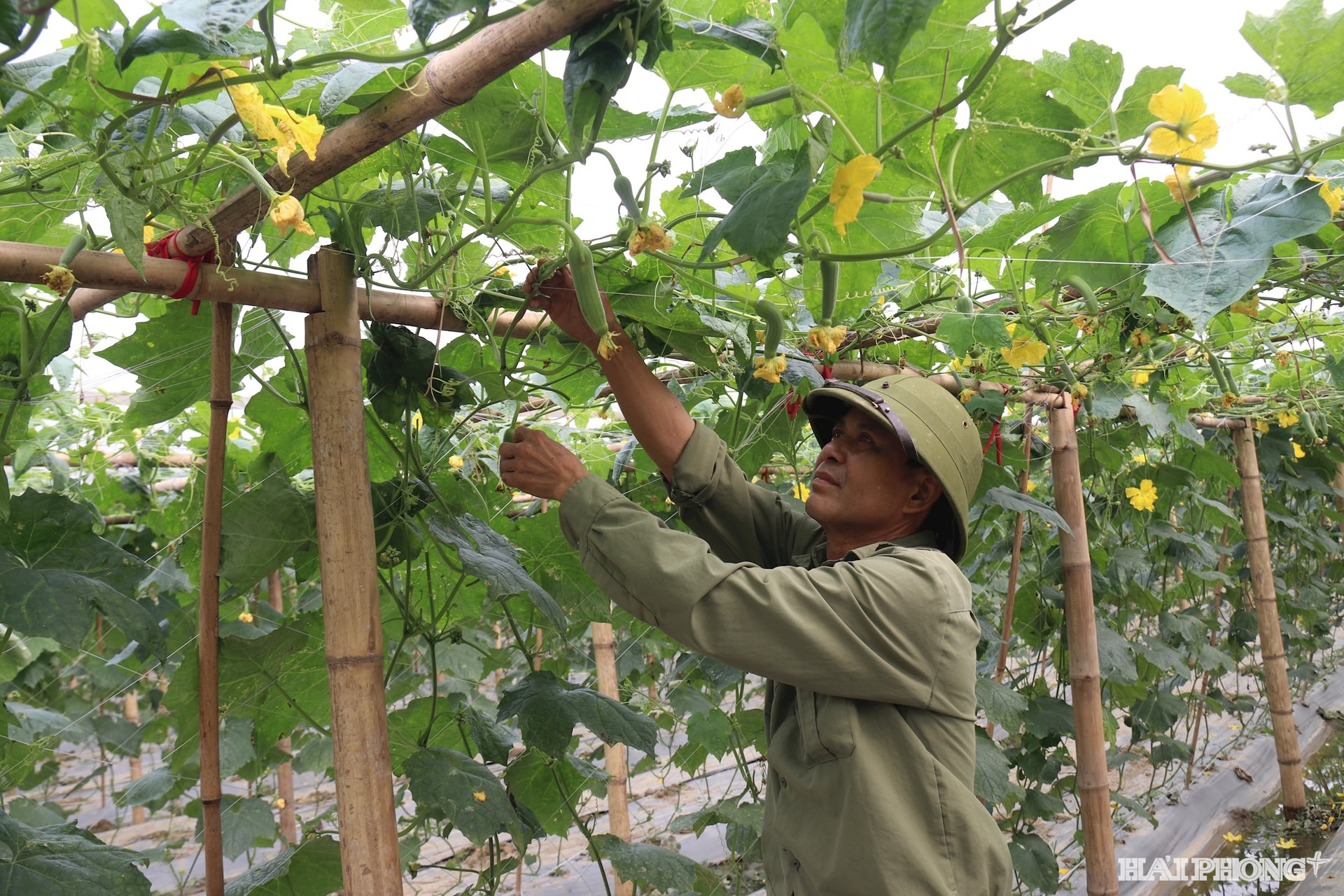Many agricultural cooperatives in Hai Phong city have been actively developing product brands and applying traceability codes as "shields" to protect the fruit of farmers’ labor.

Benefits of traceability stamps
In late May, as lychee fields reached peak harvest, Ameii Vietnam Cooperative in Thanh Ha commune (formed from the merger of Thanh Tan and Thanh Son communes, Thanh Ha township, and part of Thanh Quang commune in the former Thanh Ha district, Hai Duong province) was busy preparing to preliminarily process and pack lychees for export. The sticking of traceability stamps on product boxes were an essential part of the process.
“We must label every box of lychees with a traceability stamp to ensure clear origin. If we produce clean, high-quality products but fail to protect them and maintain consumer trust, then all the farmers' efforts would be wasted,” said Nguyen Khac Tien, Chairman of the Board of Directors of Ameii Vietnam JSC., the founder of the cooperative.
His concern is not without basis. On the market, lychees from various regions are often passed off as being from Thanh Ha, a well-known lychee-growing area. Some traders take advantage of the brand to hike prices and mislead consumers. This not only erodes consumer trust but also harms cooperatives that conduct business honestly.
Bui Van Duy, Director of Au Viet Farm Cooperative in Phu Thai commune, noted that traceability brings significant benefits for both consumers and producers. Therefore, from the very beginning, the cooperative created a traceability label so customers could feel more confident in using its agricultural products.
Challenges without branding

Hai Phong is currently home to hundreds of agricultural cooperatives, but not all apply digital traceability technologies or register for brand protection. Most agricultural products are still sold independently, without coordination or a long-term development strategy.
Hoang Anh Thu, Deputy Director of Tan Minh Duc Cooperative in Truong Tan commune, shared that thanks to traceability codes, the cooperative has maintained stable sales channels, and their products are priced 5 – 10% higher than those of cooperatives without such labeling.
The use of QR codes is more than just an "identity card" for agricultural products as it represents a sustainable development direction. Traceability enables better quality control from seedlings and input materials to storage and transportation. This reduces risks, improves yields, and adds value to products.
In a volatile market where low-quality, untraceable goods, especially agricultural products, are still widespread, branding and traceability are becoming essential for cooperatives to assert their value.
MINH NGUYEN